

2018-06-03 07:35:00 Sun ET
technology antitrust competition bilateral trade free trade fair trade trade agreement trade surplus trade deficit multilateralism neoliberalism world trade organization regulation public utility current account compliance
Several recent events explain why Trump may undermine multilateral world order. First, Trump withdraws the U.S. from the 12-nation Trans-Pacific Partnership (TPP) trade agreement. Second, the Trump team withdraws America from the multilateral Paris climate agreement and so disappoints the political leaders of most Western allies such as Britain, France, and Germany.
Third, Trump imposes heavy tariffs on aluminum and steel from Canada, Europe, and Mexico. Fourth, the Trump administration abandons the Iran nuclear deal and then imposes sanctions on the nuclear nation. Fifth, Trump begins bilateral peace talks with North Korea. Sixth, Trump imposes $50 billion tariffs on Chinese imports. Seventh, Trump is eager to re-admit Russia to the G8 trade bloc.
As China and Russia benefit much from their population dividends, these countries emerge as new superpowers to rival America. In response to this inexorable global trend, the Trump team gradually gravitates toward a new political paradigm where global cooperation may no longer be an option.
America is free to undertake unilateral actions to change the status quo and then pushes the boundaries for many Western allies and new democracies in Asia.
If any of our AYA Analytica financial health memos (FHM), blog posts, ebooks, newsletters, and notifications etc, or any other form of online content curation, involves potential copyright concerns, please feel free to contact us at service@ayafintech.network so that we can remove relevant content in response to any such request within a reasonable time frame.
2018-01-19 11:32:00 Friday ET
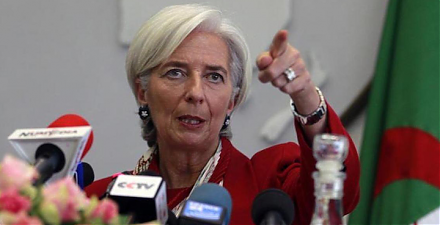
Most major economies grow with great synchronicity several years after the global financial crisis. These economies experience high stock market valuation,
2019-01-08 17:46:00 Tuesday ET
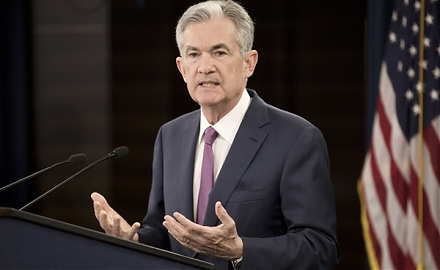
President Trump forces the Federal Reserve to normalize the current interest rate hike to signal its own monetary policy independence from the White House.
2019-08-04 08:26:00 Sunday ET
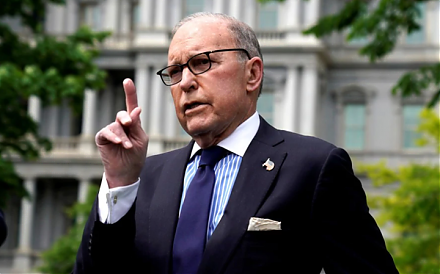
U.S. and Chinese trade negotiators hold constructive phone talks after Presidents Trump and Xi exchange reconciliatory gestures at the G20 summit in Japan.
2019-09-25 15:33:00 Wednesday ET
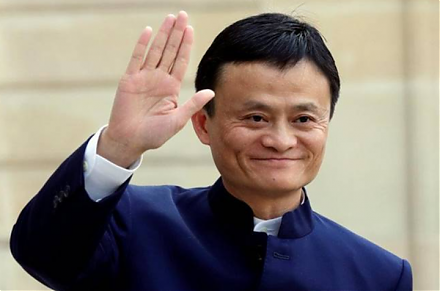
Product market competition and online e-commerce help constrain money supply growth with low inflation. Key e-commerce retailers such as Amazon, Alibaba, an
2018-09-25 10:35:00 Tuesday ET

Sirius XM pays $3.5 billion shares to acquire the music app company Pandora. This acquisition would form the largest audio entertainment company worldwide.
2017-05-01 09:45:00 Monday ET
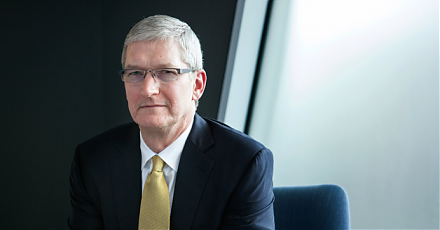
Apple now pursues an early harvest strategy that focuses on extracting healthy profits from a relatively static market for the Mac, iPhone, and iPad, all of